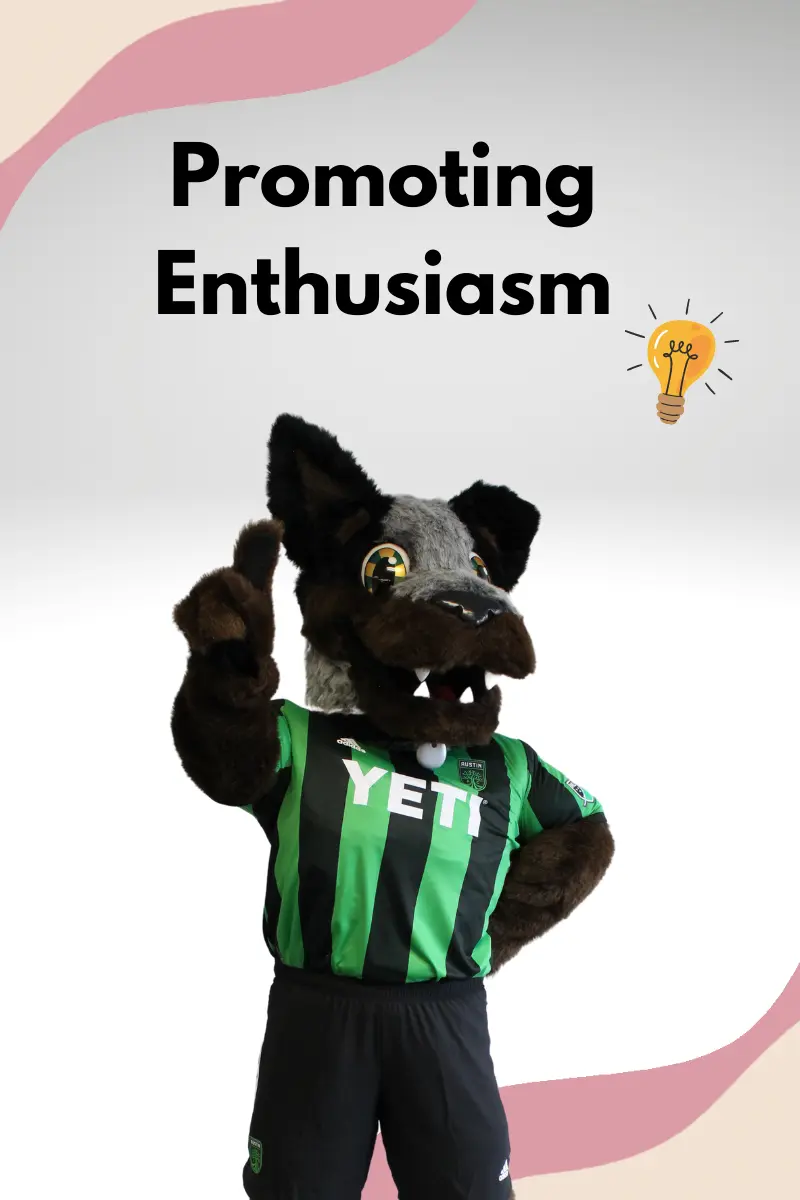Greetings, sports enthusiasts and psychology buffs! Today, we’re delving into a curious corner of the sporting world where feathers meet Freud and the foam finger meets fanatical team spirit. Yes, folks, we’re strapping on our mental cleats to kick around the fascinating role of mascots in sports psychology and team motivation.
Mascots: More than just Belly Laughs
Mascots, be they jiggly jester-like humans in oversized suits or feisty feathered fowls, often elicit chuckles and cheer. But there’s more to these beguiling figures than just sideline entertainment and halftime hilarity. Their impact on the field, in the locker room, and even in the psyche of athletes can be as powerful as a perfect game-winning three-pointer!
Flexing the Mascot Muscle in Sports Psychology
In the sports world, maintaining high spirits and a positive mindset can be as crucial as physical training. It’s in this arena where mascots can work their motivational magic. These beloved characters provide a constant visual and emotional anchor, embodying the team’s spirit, resilience, and tenacity.
Picture this: your team is down by a few points, and the game clock is ticking away. Just when spirits are low, in dances your team’s mascot, exuding energy, pumping up the crowd, and spreading an infectious wave of optimism. This surge of energy can fire up players, sparking a psychological turnaround that just might tip the game’s balance.
The Science of Mascot Motivation
Now, let’s get a tad technical (don’t worry, I promise it’ll be fun!). According to psychological theories like Bandura’s Social Cognitive Theory, humans learn from observing others. Mascots, with their indomitable spirit and unwavering enthusiasm, provide a model of resilience and perseverance. And guess what? Teams often soak up this energy, channeling it into their performance
The Rallying Force of Furry Friends
Mascots also serve as a rallying point for teams, especially in the face of a challenging opponent. Nothing screams unity more than seeing your team’s mascot, symbolizing your collective identity, standing tall and proud despite the odds. This sense of solidarity can boost team morale and enhance group cohesion, key components of success in team sports.
Case in Point: The Mighty Duck Effect
Remember the Anaheim Ducks’ mascot, Wild Wing? He’s more than just a spectacle on skates. Players and fans alike attest to Wild Wing’s influence in keeping spirits high, regardless of the game’s scoreline. His audacious antics, coupled with his never-say-die attitude, serve as a vibrant reminder of the team’s fighting spirit.

Conclusion: Mascots—Game Changers, Spirit Shakers!
As we hang up our virtual cleats, it’s clear that mascots play a pivotal role far beyond creating laughs and selling merchandise. They’re critical cheerleaders, motivators, and yes, psychologists in their unique way. They bolster team spirit, reinforce resilience, and contribute significantly to the positive mental state of sports teams.
So, the next time you see a mascot doing cartwheels across a field, remember: they’re not just clowning around. They’re performing critical psychological work, one somersault at a time!